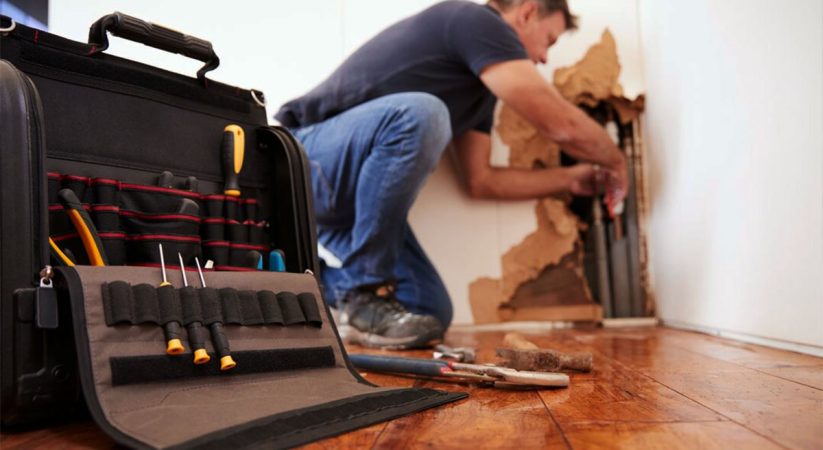When hiring a professional contractor for home repairs, the first step is creating a list of potential contractors.
To begin your search, ask friends and family if they have any recommendations. Word-of-mouth referrals from people you trust are often the best way to find reliable professionals.
You may also want to check online for contractor reviews. Websites such as Angie’s List and HomeAdvisor have reviews from previous customers that can help you narrow down your options.
Once you have a list of contractors, the next step is to contact each one for an in-person consultation. During this meeting, get a detailed estimate of the repairs or renovations the contractor can do and ask them any questions you have about their services.
Next, be sure to check each contractor’s references. Contact previous clients to ask questions such as whether they were satisfied with the work if it was completed on time and within budget, and how the contractor handled any problems during the project.
When you are ready to make a decision, review the estimates and ask each contractor for a written contract outlining all of the job’s expectations. Read through it carefully and ensure there are no hidden costs or fine print before signing.
Finally, always check their licensing and insurance requirements when hiring a professional contractor. This will help ensure you are protected if something goes wrong.

What should you not say to a contractor?
It’s important to remember that contractors are essential professionals, and as with any other professional relationship, it is important to maintain respect. Here are some things you should avoid saying when communicating with a contractor:
1. “I’ll think about it” – If a contractor has given you a quote or proposed a plan of action, it’s important to take the time to consider your options before committing. However, saying that you’ll think about it can send the message that you are not taking the contractor seriously and may ultimately lead to miscommunications.
2. “We have no budget” – Even if you don’t have a budget for the project, it’s important to communicate the scope of your project and find out what price range is reasonable. Being honest about your financial limitations can help both parties devise a good solution.
3. “I’m sure you know how to do this” – Even though contractors are experts in their field, they may not know exactly how to approach a project as you envisioned. Instead of telling them to figure it out by themselves, take the time to explain what you want to be done and ask questions if needed.
4. “I’m in a hurry” – When discussing timelines for completing a project, keep in mind that contractors usually juggle multiple projects and don’t always have the flexibility to rush a job. You may be able to negotiate for a quicker timeline, but it’s important to show respect for their time and availability.
5. “Can you just do this for free?” – It is never appropriate to ask someone to work without compensation, especially a professional contractor. If you don’t have the budget for a project, try to negotiate a payment plan or look for ways to reduce costs without sacrificing quality.
By maintaining respectful communication and avoiding these phrases, you can help ensure smooth relations with your contractor and the successful completion of the project.




